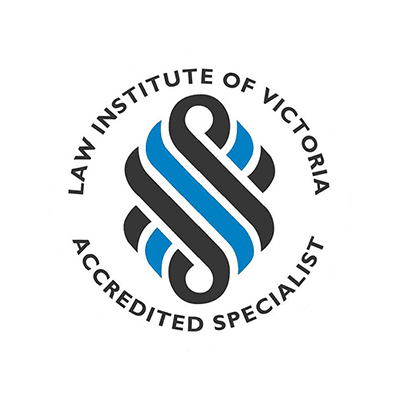Directors Personal Liability & Trusts
Directors that run corporate trusts as businesses should become aware of the possible consequences of a South Australian Supreme Court[1] decision on the interpretation of the Corporations Act 2001[2]. The decision has given rise to uncertainty about directors’ personal liability for running trusts as businesses, and for creditors.
Section 197 provides that a director is personally liable to discharge the liability of a corporate trustee regardless of whether the trust does not have enough assets to indemnify the trustee if the, corporate trustee:
a) Has not, and cannot, discharge the liability; and
b) Was not entitled to full indemnity against that liability out of trust assets
The application of this provision disregards the concept of a company being a separate legal entity to the directors or officers of the company; however, the various prosecutions of directors for breaching their duties and obligations have watered down that concept.
The Full Court of the Supreme Court of South Australia could not agree on the interpretation and application of section 197(1) (b), which says the corporate trustee is, "…not entitled to be fully indemnified against that liability out of trust assets…”.
Normally, the trust deed that exists for the particular trust may contain a provision that "the Trustee is entitled to be indemnified out of the assets for the time being that comprise the Trust Fund against liabilities incurred by the Trustee …" and so far, that provision has been a sufficient mechanism to protect the directors. It is now unclear whether section 197(1) (b) is applicable where the clause in the trust deed exists.
"It would be a strange result if section 197(1) (b) was to be interpreted so that a director could escape personal liability by reason of that provision merely by ensuring that a provision … was contained in the trust deed and could thereby operate as a shield against personal liability, even though the director causes the trust to be without funds to avoid paying the debt."
Two of the three judges felt that if there were no assets comprising the trust, there was no entitlement to be indemnified. Whilst, Debelle J had a different view and said that the operation of section 197(1) (b) depended upon an entitlement to an indemnity and not upon whether an indemnity was provided. The corporate trustee was entitled to full indemnity out of the assets of the trust according to the provisions of the trust deed. Therefore, section 197(1) (b) was not satisfied, and so the director should have no personal liability for the debts of the corporate trustee.
If the Courts around Australia accept the views of:
a) Mullighan and Gray JJ, then directors are personally liable if there is a shortfall in trust assets or
b) Debelle J, then directors can distribute assets of a trust in such a way to defeat the legitimate rights of creditors
Regardless of which approach the Courts will take in the future, this area will become fertile in litigation, and much will depend on the interpretation of this provision and the clause in the trust deed.
Prudence and diligence suggests that each corporate trustee reviews and if necessary revises their particular trustee to take into account the possible consequences of this decision.
NEED MORE INFORMATION
Behan Legal advises and assists clients on these important issues. For an appointment, call 03 9646 0344.
[1]
Hanel v O'Neill [2003] SASC 409
[2]
Section 197 Corporations Act 2001


